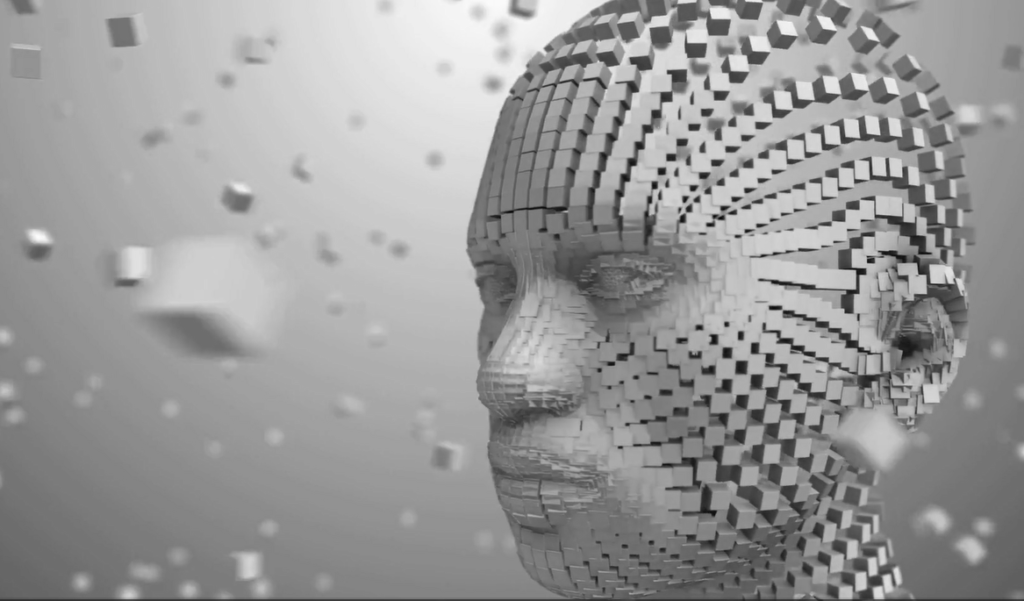The utilization of the latest technology in modern home care has gained popularity, revolutionizing traditional methods of caring for clients. Generative AI has emerged as a transformative force in home care, offering personalized and efficient care solutions for an aging population. This innovative tool has the potential to revolutionize care delivery and management within the home environment.
This blog will explore the practical applications of Generative AI in home care, showcasing its ability to revolutionize various aspects of caregiving, from creating personalized care plans to enabling proactive health management.
Understanding Generative AI Relevance to Home Care
Generative AI technology operates by learning patterns, similar to how humans learn from experiences. It then uses this knowledge to generate new content or data. The significance of Generative AI in home care lies in its capacity to create tailored solutions that enhance caregivers’ practices. With Generative AI in home care, caregivers can address diverse situations with expertise and empathy by generating customized scenarios and insights. This understanding can empower us to engage more effectively with this transformative technology.
Generative AI Applications for Home Care
As the adoption of Generative AI grows in healthcare and other industries, home care agencies are actively exploring responsible ways to integrate it into their operations. According to Home Healthcare News, various agencies are considering Generative AI for after-visit summaries to enhance client and caregiver experiences. Some other applications of Generative AI in home care include:

-
Voice Note
Caregivers often visit multiple clients daily, making it challenging to manage post-visit details for each client. Generative AI can transcribe voice notes recorded during caregiver visits, converting them into text format. This automation eliminates the need for manual transcription, saving time and reducing the risk of errors. AI algorithms can extract crucial information from these notes, such as patient updates or concerns, enabling quick and efficient access for caregivers and healthcare professionals.
-
Social Engagement
Seniors facing social isolation can benefit from Generative AI technologies that create conversational interfaces or chatbots to engage them in meaningful conversations and activities. AI-powered chatbots can interact with seniors, share stories, play games, and provide personalized entertainment suggestions, fostering social engagement.
-
Personalized Client Care
Generative AI-powered chatbots can act as virtual assistants for patients, allowing them to ask questions and receive instant responses regarding their medical inquiries, treatment plans, or insurance-related concerns. These chatbots can track medical history using OCR technologies, ensuring easy access to essential information.
-
Medication Management
Generative AI in home care can automate medication management tasks, such as reminders, dosage tracking, and reconciliation. By analyzing patient data and medication schedules, Generative AI can generate personalized reminders tailored to individual needs, delivered through various channels like smartphones or smartwatches, to ensure patients adhere to their medication schedules.



